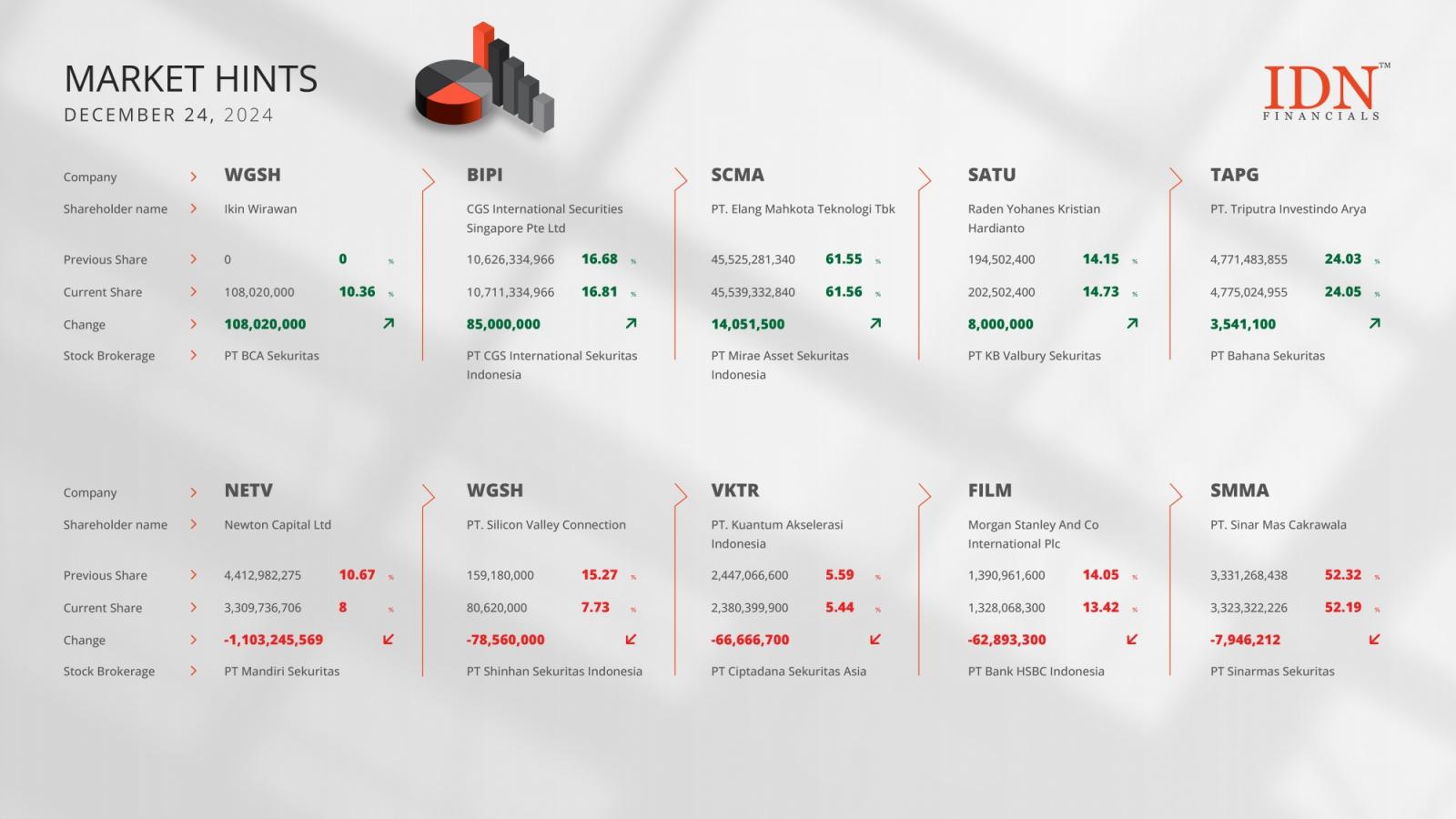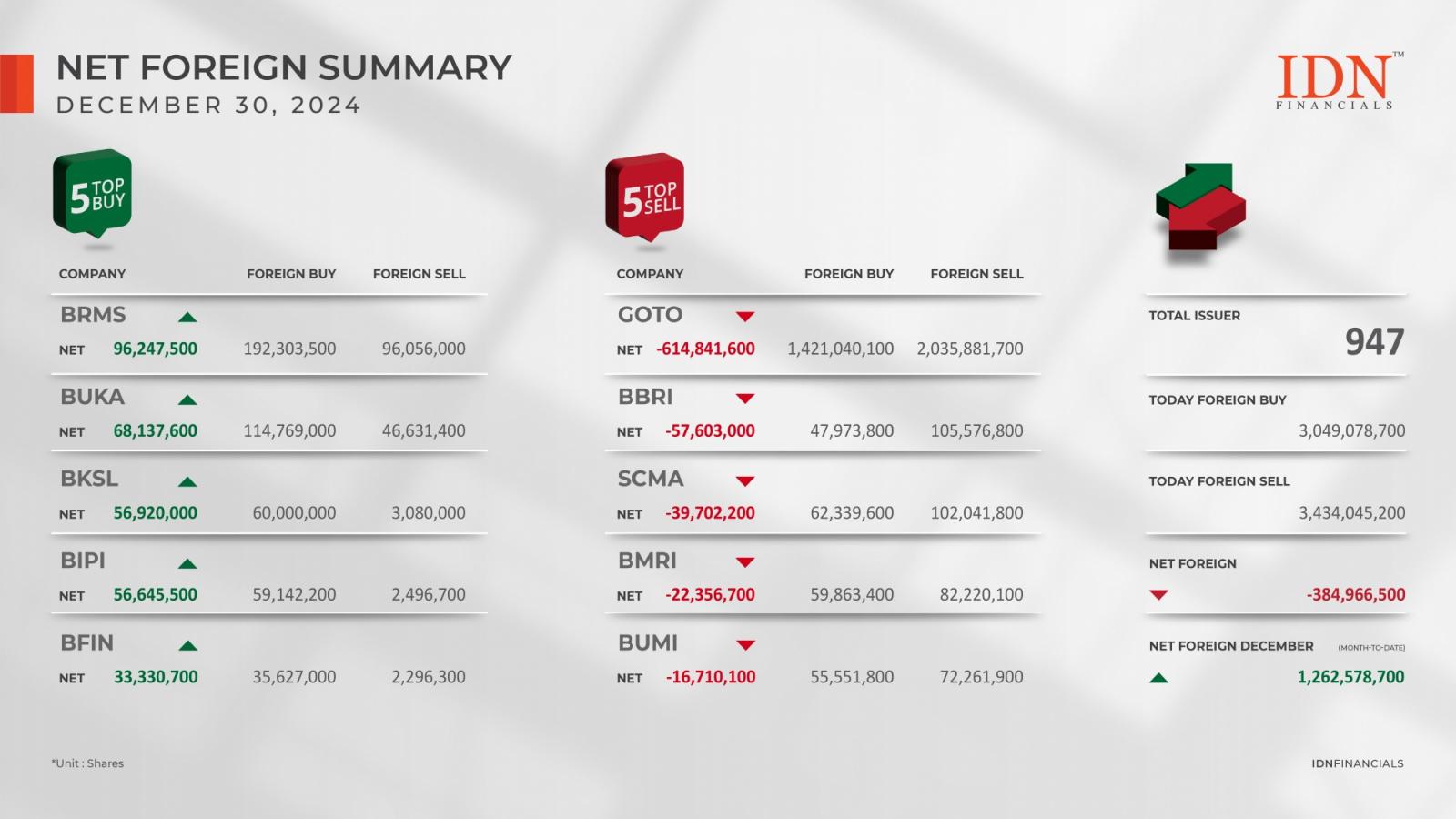

The UK Treasury Committee released a report on December 2, advising the Bank of England to proceed cautiously with plans for a retail digital pound, citing concerns that its introduction could spark bank runs and destabilize the financial system.
In their report, the cross-party group of MPs urged the central bank to impose strict limits on individual holdings of a digital currency, arguing lower thresholds could reduce risks of large-scale outflows from commercial bank deposits.
The committee warned that easy conversion of deposits into digital pounds could see consumers quickly withdraw funds at times of economic stress, increasing the likelihood of bank failures.
Mitigating the Threat of Bank Runs
The Treasury Committee said while the introduction of a central bank digital currency (CBDC), or digital pound, could provide useful benefits to the economy, these would need to clearly outweigh any risks posed to financial stability.
Members called for additional safeguards to mitigate threats of destabilizing bank runs, including setting maximum individual holdings below the proposed £10,000 to £20,000 limits.
The thresholds could then be gradually increased over time as authorities monitor the impact on commercial bank funding and lending rates.
Privacy and Data Protection Concerns
The Treasury Committee report also stressed the need for robust privacy protections within any digital pound framework.
It stated that primary legislation for a UK CBDC should prohibit the government or the central bank from accessing data for any purpose beyond law enforcement needs.
While the Bank of England has said it does not intend to use transaction data for policy or regulatory purposes, the MPs said clear legal parameters are still required.
The UK Treasury Committee further advised the Bank of England to maintain an open mind on whether a retail digital pound is necessary.
It concluded that policymakers must gather solid evidence of clear economic benefits before deciding to introduce a digital version of the currency.
According to the report, the project should only move forward if authorities are confident that associated risks can be effectively managed.
For now, the Bank of England is still in the design phase as it continues analyzing the complex considerations around a potential CBDC.
Any final decisions are unlikely before the latter half of the decade, pointing to a slow and cautious approach to developing a retail digital pound.





